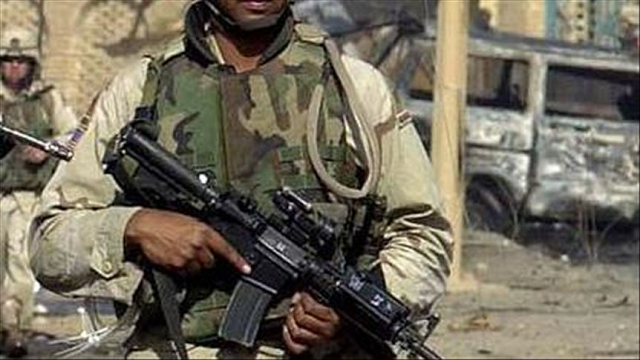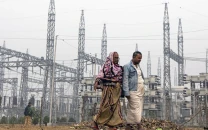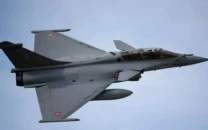Russia offered Afghans money to kill US troops: Report
20 US troops killed in 2019 in Afghanistan, but unclear which are linked to bounties, says unnamed American officials

Photo: Anadolu Agency
Citing American intelligence officials, The New York Times reported the offer came even as peace talks were being conducted to end long-lasting violence in the area.
The US has known for months that the Russian unit covertly offered rewards for 2019 attacks and some Afghan militants are believed to have collected bounty money, according to officials who spoke on condition of anonymity.
Attacks in 2019 killed 20 American troops in Afghanistan but it is unclear which killings were under suspicion.
US President Donald Trump and the White House National Security Council gathered in late March to discuss the matter and weighed several responses, including a diplomatic complaint to Moscow demanding an end to the practice and escalating a series of sanctions. But Washington has yet to authorise any step, according to officials.
The Russian unit has been linked to assassination attempts and other covert operations in Europe intended to destabilise the West or take revenge on turncoats, they said.
Any involvement with the Taliban that resulted in deaths of American troops would "also be a huge escalation of Russia’s so-called hybrid war against the United States, a strategy of destabilising adversaries through a combination of such tactics as cyberattacks, the spread of fake news and covert and deniable military operations," officials said.
Russia has yet to comment on the accusations but said Moscow would respond "if someone makes them," referring to Washington.


















COMMENTS
Comments are moderated and generally will be posted if they are on-topic and not abusive.
For more information, please see our Comments FAQ